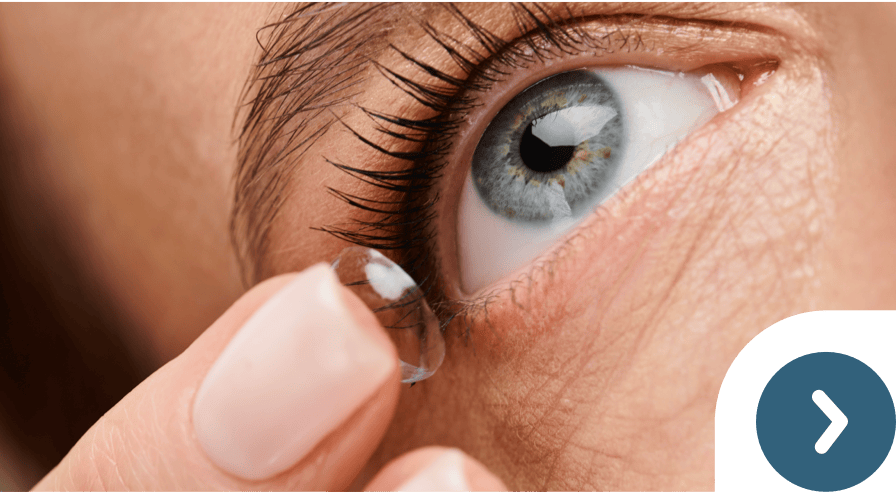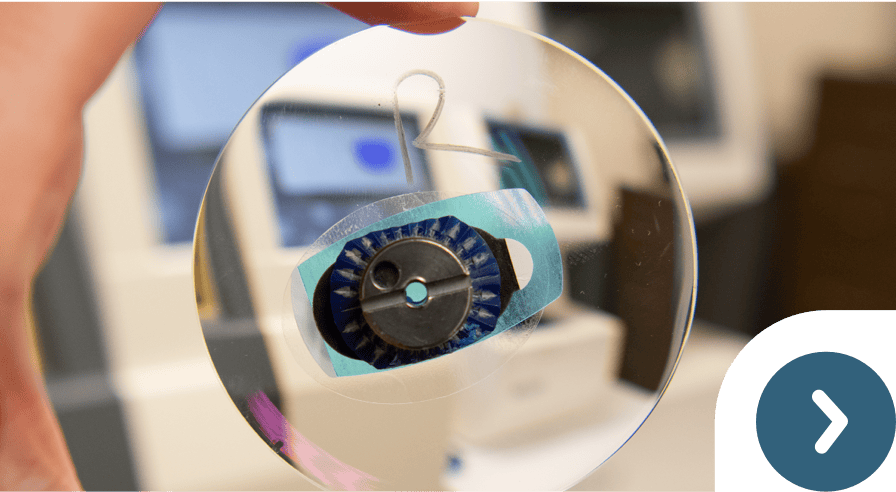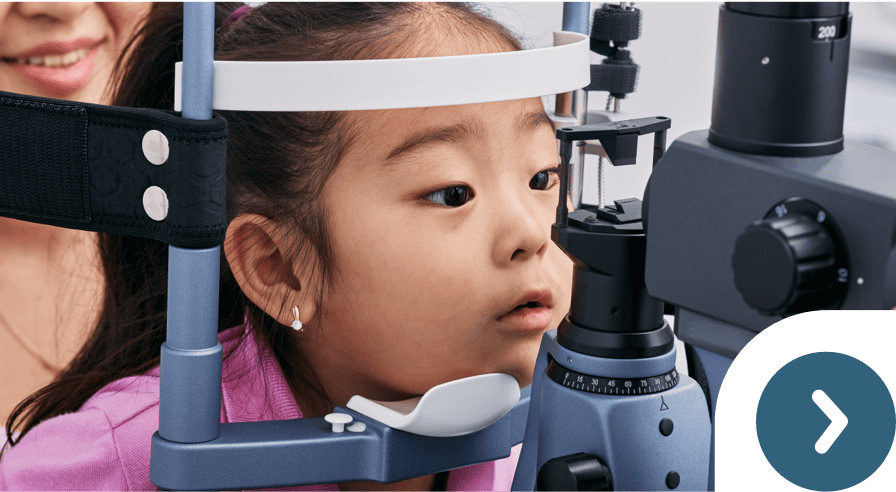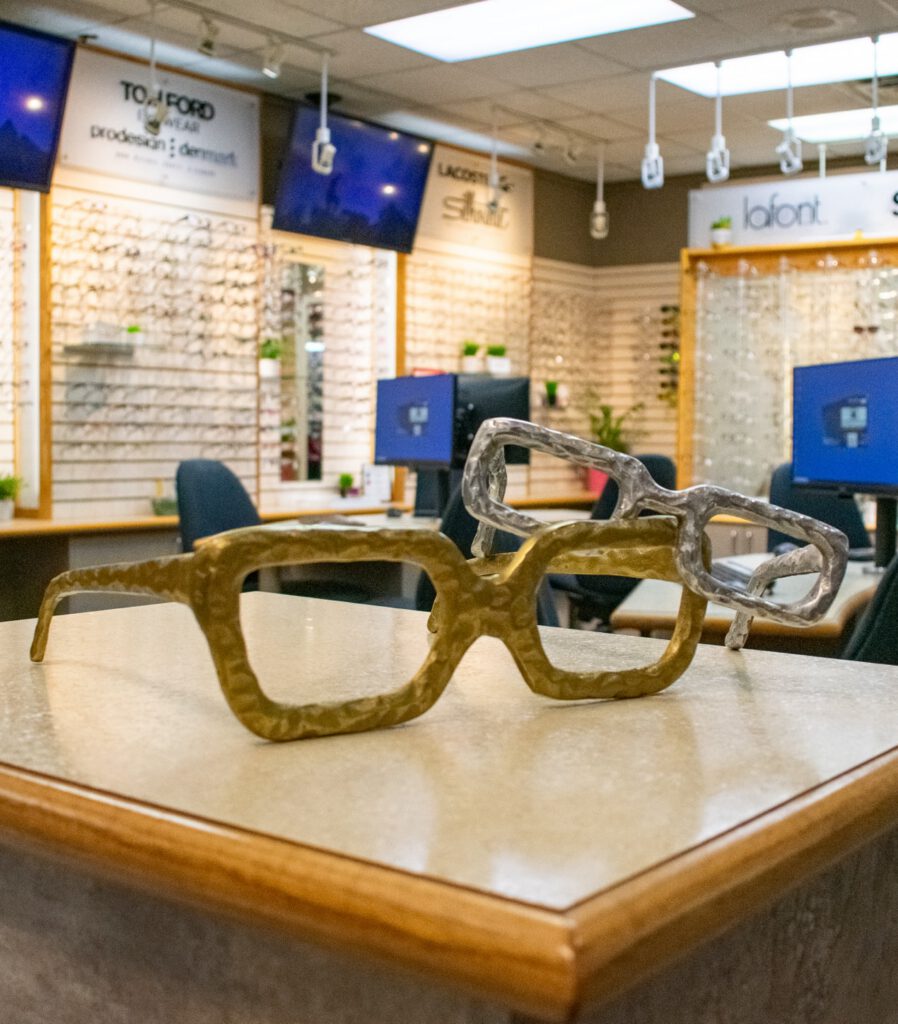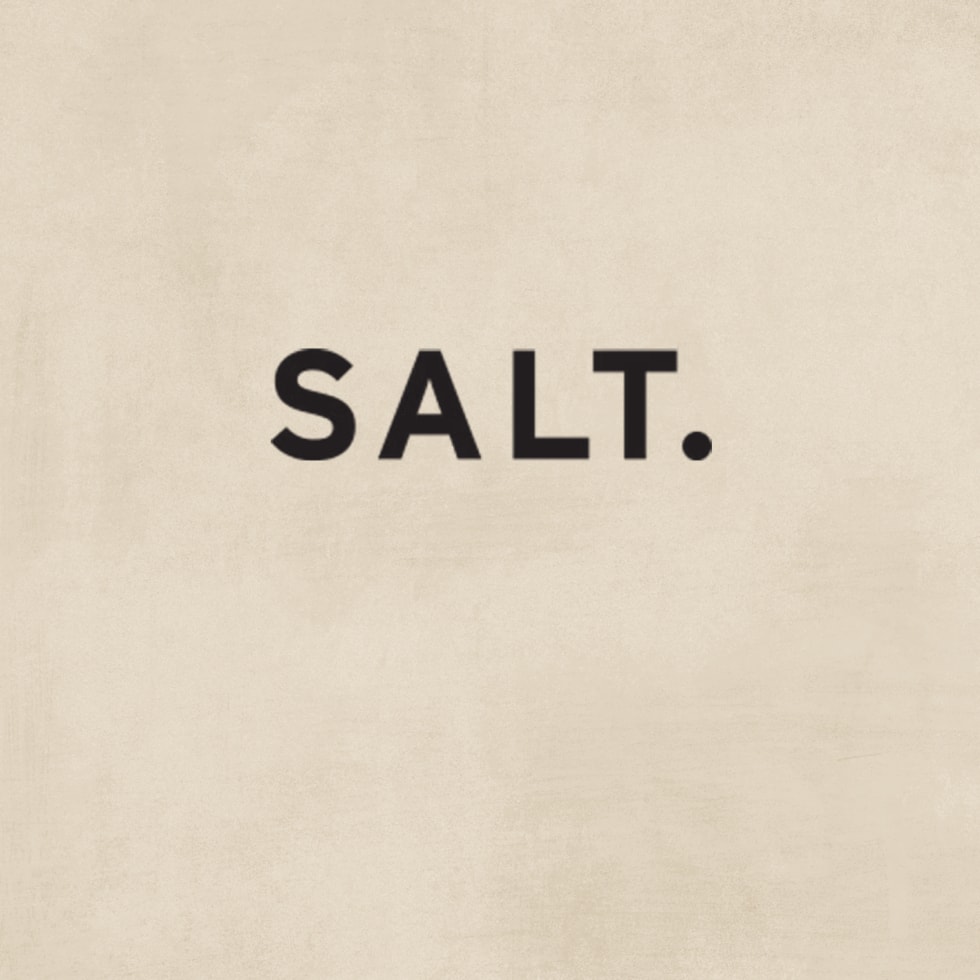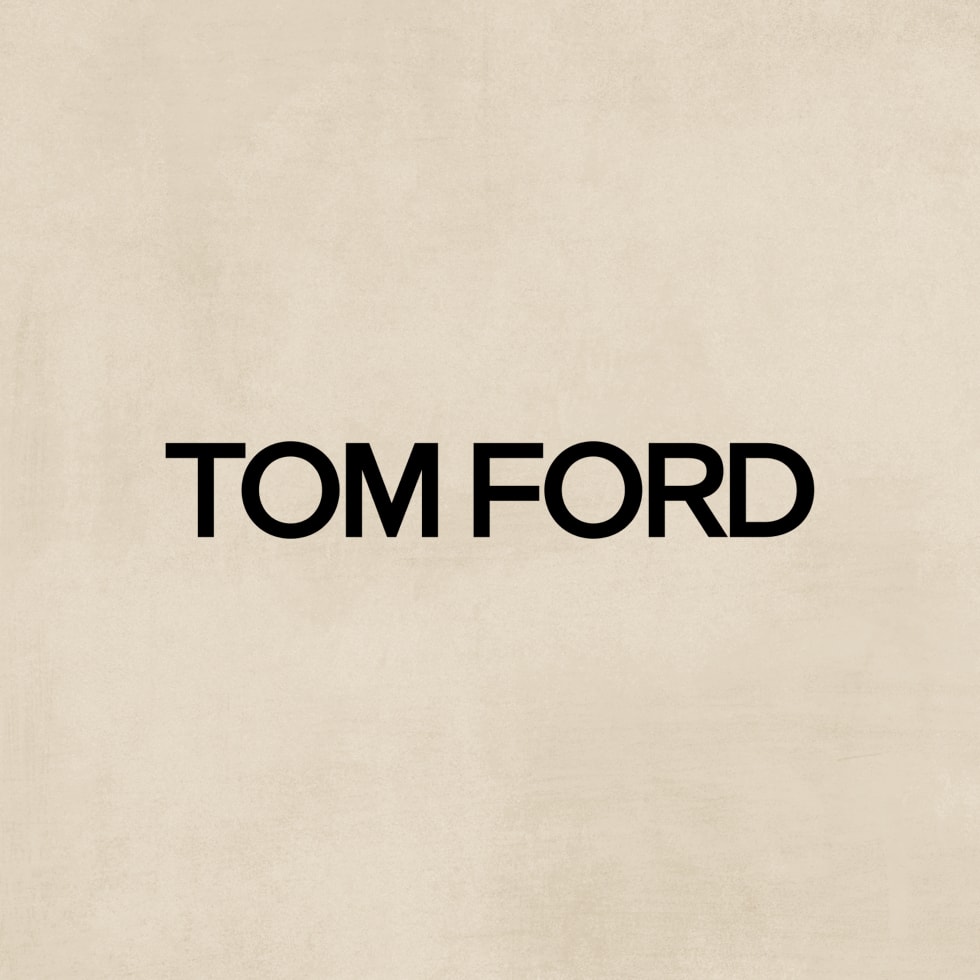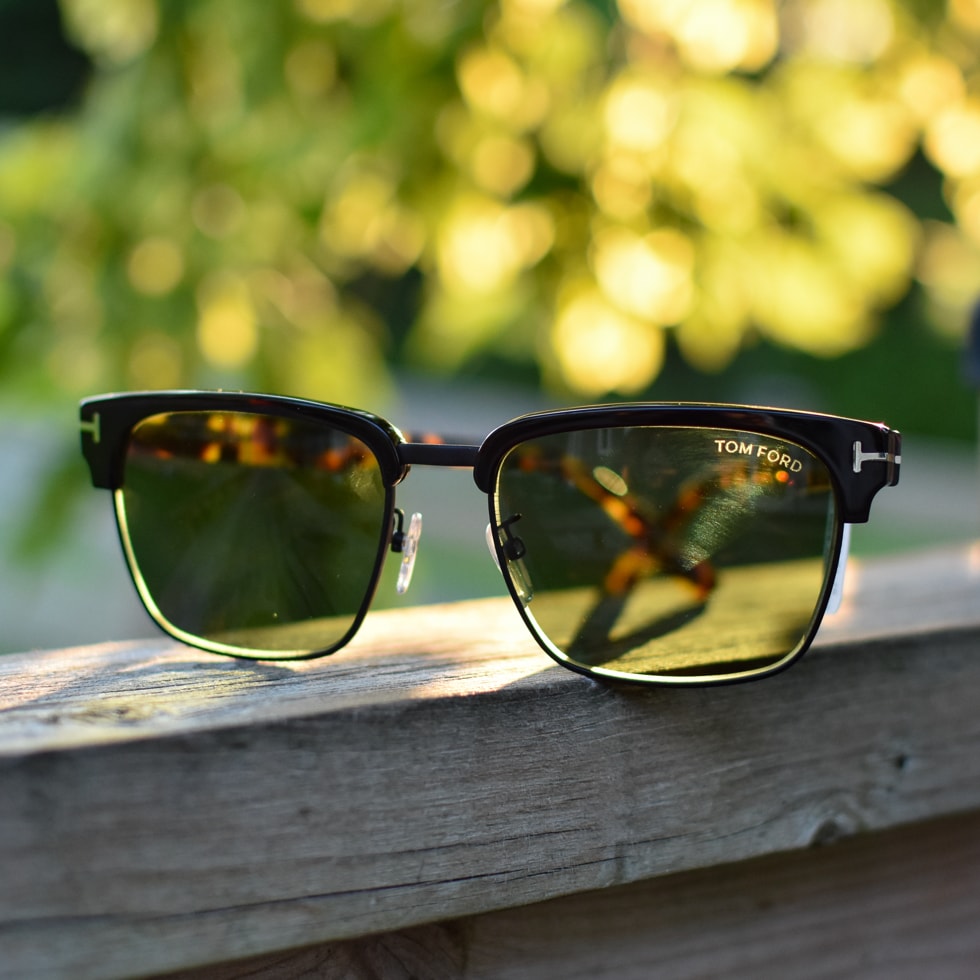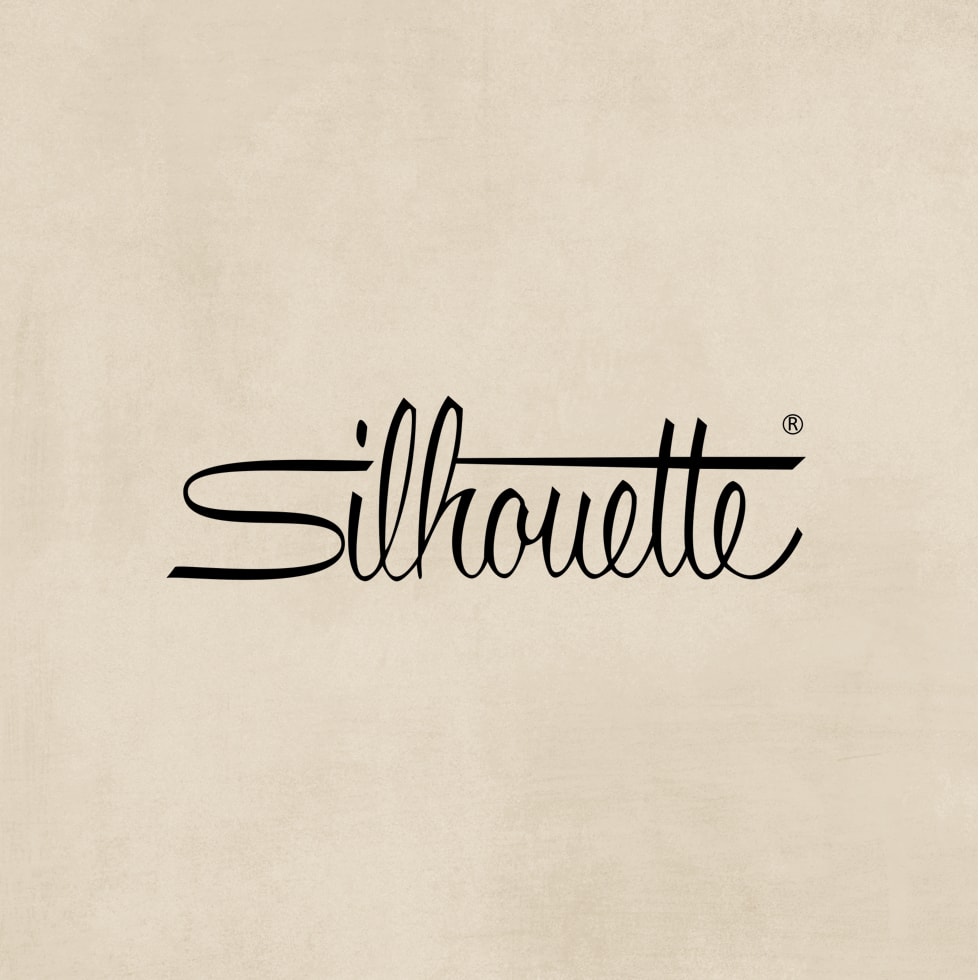Sunglasses aren’t only a stylish accessory, but they’re also crucial to protecting your eyes from harsh ultraviolet (UV) rays. It’s not enough to pick up a cute pair of sunglasses from the drugstore. With what’s being learned about the effects of UV rays on the eyes, purchasing sunglasses must be an investment that meets a checklist.
Your next pair of sunglasses can be one of the most important purchases you make for your eyes. Sunglasses can help delay the development of eye conditions and protect the delicate skin around your eyes from skin cancers. Not all sunglasses are the same, and dark-tinted lenses are useless without UV-blocking power.

Harmful Effects of UVA & UVB on the Eye
Your cornea, retina, lens, and eyelid can benefit from sunglasses’ extra coverage and UV filter protection. No matter the weather, when you’re outside, your eyes are exposed to UVA and UVB rays, which can change the eye and skin cell structure to cause burns and injuries. UV damage to your eye and surrounding skin can cause cancer or vision problems.
UVA rays can damage the macula, part of the retina in the back of your eye, which helps you see details. The retina sends signals to your brain to translate light into images, and the blue and violet areas of the sun’s rays can damage the retina.
UVB rays can damage the front of your eye, the cornea and the lens. The lens lets light in, and the cornea works to focus it on the retina. Any UV damage can put your eyes at risk of developing certain eye conditions.
Cataracts
Skipping sun protection on your eyes for extended periods can make you more likely to develop cataracts. While aging is the most common cause of cataracts, UVB rays accelerate cataract formation. Unobstructed UV rays hitting your eyes can cause your eye’s lenses to become cloudy and blur your vision.
Cataracts can alter your sensitivity to light and make it tough to see at night or in low-light environments, and the only way to remove cataracts is through surgery. Wearing UV-blocking or absorbing sunglasses can be an extra layer of protection between your eyes and sun exposure to delay cataracts from developing.
Macular Degeneration
Your risk of developing macular degeneration is heightened if your eyes are exposed to high levels of sunlight over long periods. Macular degeneration breaks down the macula and can ultimately lead to vision loss.
Macular degeneration is also genetic, so some people are more likely to develop the condition based on family history. Still, high-quality sunglasses can be an extra protective measure to reduce UV exposure-related macular degeneration.
Photokeratitis
Photokeratitis is like a sunburn that affects the corneas after exposure to UV rays. Snow blindness is a type of photokeratitis where UV rays are reflected by snow and ice in the winter.
If you spend a lot of time outdoors or live in high altitudes with greater exposure to UV rays, you may be at risk of developing photokeratitis. Wearing sunglasses that block or absorb 100% UV light can help lower the risk—wearing UV-blocking snow goggles for skiing or snowboarding or swim goggles when swimming can keep your eyes safe during your favourite activities.
Skin Cancer
The skin around your eyes is some of the thinnest, most delicate tissue on your body. The upper and lower eyelids are targets for UV ray damage, and prolonged sun exposure can raise your likelihood of developing skin cancers around the eyelids.
Basal cell carcinoma is the most common type of cancer that can develop around the eyes, but squamous cell carcinoma and melanoma can also develop near the eyes. Sunglasses can help protect the delicate skin of the eyes and eyelids from overexposure to UV rays. Coupled with sunscreen, a pair of high UV-blocking sunglasses can prevent skin cancer growth.
What to Look for When Choosing Sunglasses
Shopping for sunglasses isn’t all about choosing frames that look good. When you’re browsing sunglasses, you should look for certain qualities in your sunglasses:
- 100% UV protection so your pair will filter out the harmful rays that damage your eyes
- More expensive glasses don’t guarantee better UV protection
- Bigger frames can offer more coverage, and wrapped shapes are best as about 20% of UV enters the eye from reflective light that comes in from the periphery.
Protect Your Eyes from Harmful UV Rays
Find your next pair of UV-blocking sunglasses at Westmount Optometrists. Whether you need sun protection for yourself or your children, we offer a wide variety of styles for every family member.
Our team in London, Ontario, can help you find the best frames with a comfortable tint to block harmful rays and keep your eyes healthy. Contact us for an eye exam or to shop our collection of frames.


